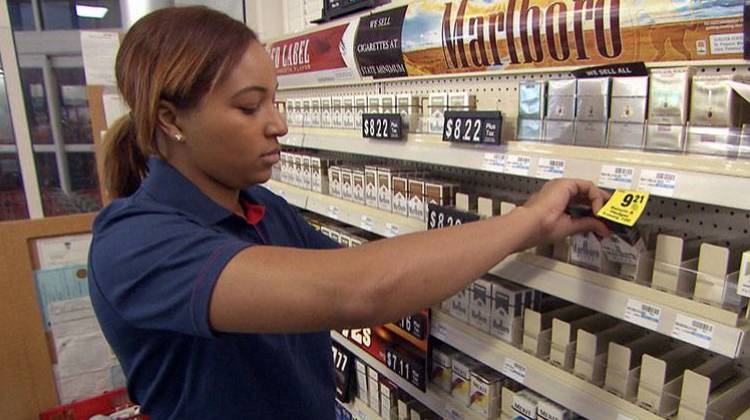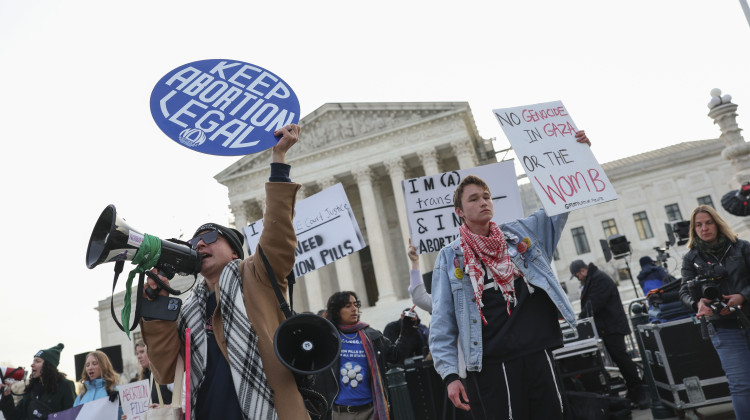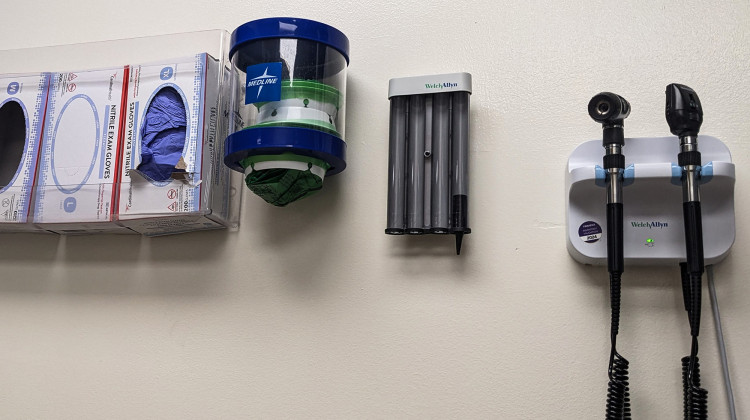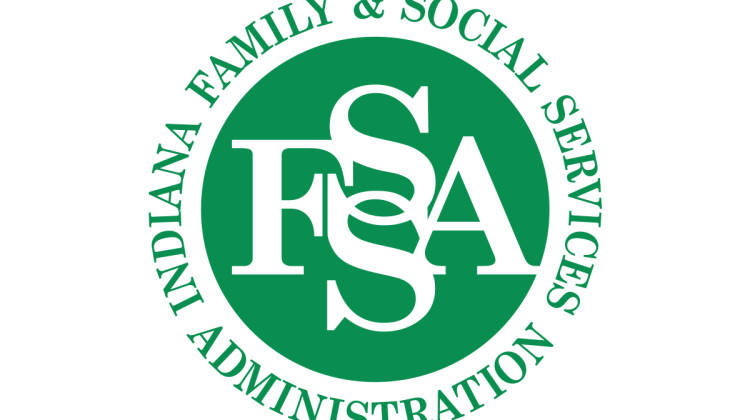
This undated photo provided by CVS Health, a CVS store employee removes tobacco products from the store shelves.
AP Photo/CVS HealthCVS Caremark has pulled cigarettes from its shelves a month ahead of schedule.
In February, CVS, one of the nation's largest drugstore chains, said it would stop selling tobacco products by October, despite the profits they brought the company. Now cigarettes in the company's stores are history.
Why are they gone? They were at odds with the company's image and its broader business goals focused on health improvement. "By eliminating cigarettes and tobacco products from sale in our stores, we can make a difference in the health of all Americans," CVS CEO Larry Merlo said in a statement Wednesday.
The company also said that it has a new name: CVS Health. Though best known for its 7,700 drugstores, CVS also manages drug benefits for companies, unions and insurers. And CVS runs 900 retail health clinics inside its pharmacies.
When CVS announced its plan, the company figured it would lead to a loss of about $2 billion in annual sales. "They'll end up getting more than $2 billion in reputational capital and kudos," Dartmouth professor Paul Argenti told Shots at the time.
CVS' Merlo just told Forbes that sales have been hurt, as expected. But the company's decision to quit tobacco is "one of those intangibles" that is helping to bring in new business.
It's hard at this point to know precisely how big a dent CVS' decision to phase out tobacco will make. A blog post by three CVS executives for the website of policy journal Health Affairs points to data from Boston and San Francisco that offers a hint. Those data show a roughly 13 percent drop in the number of households buying tobacco products following citywide bans on tobacco sales by retailers that had pharmacies on the premises.
After adjusting the data to account for the changes in smoking rates over time, there appeared to be a 5.5 percent drop in the number of tobacco users after the bans took effect.
"Sale of tobacco in places that also provide health care certainly undermines the effort to de-normalize tobacco use, and de-normalization is now front and center in efforts to reduce overall rates of smoking," the CVS execs wrote.
Still, other big fillers of prescriptions, including Wal-Mart and Walgreen, haven't stopped selling tobacco, Forbes reported. Costco has pulled tobacco from about half of its warehouse stores, according to the Seattle Times.
9(MDEwMDc1MzM3MDEzNDczOTA0MDc1MzViMQ001))
 DONATE
DONATE







 View More Programs
View More Programs


 Support WFYI. We can't do it without you.
Support WFYI. We can't do it without you.